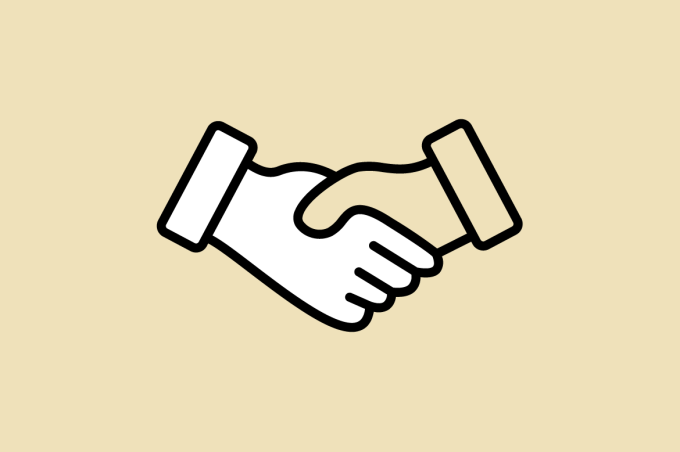Peer support is essential for doctors because it gives them a safe space to share the stress and challenges of the demanding profession of medicine. Connecting with colleagues who truly understand can help doctors process their experiences.
This support can help improve mental health, boost well-being, foster compassionate leadership and can even enhance patient care. Having colleagues who understand their unique experiences can be a vital source of support and validation.
Support is one of six pillars of the AMA’s Joy in Medicine™ Health System Recognition Program, which empowers health systems to reduce burnout and build well-being so that physicians and their patients can thrive. This includes offering peer support or coaching programs. Peer support is a key component of building a culture of trust and collegiality.
These examples of peer support from health care organizations that are members of the AMA Health System Program—which provides enterprise solutions to equip leadership, physicians and care teams with resources to help drive the future of medicine—show the positive impact such efforts can have on the well-being of physicians.
Geisinger gives doctors the tools to support each other
- When Susan Parisi, MD, first stepped into her role as chief wellness officer (CWO) at Geisinger in 2022, the country was just emerging from the deadliest phase of the COVID-19 pandemic that contributed to record physician burnout rates in the U.S. That required Dr. Parisi to jump right into the deep end to take Geisinger’s well-being strategy to the next level and help bring the health system out of a time where physician burnout rates nationwide were at an all-time high of 63%.
- Dr. Parisi did have some experience under her belt, though. She had done some work on burnout at a prior organization and also attended the CWO course led by Tait Shanafelt, MD, in 2019. This helped lay the groundwork for what she would do when she got to Geisinger. The first step was to assess where things stood.
- “Unless you know where you are, you’re not going to really know what you need to do or where you’re going to go,” Dr. Parisi said. “One advantage of being new to Geisinger was the opportunity to come in with fresh, unbiased eyes to make an objective assessment.” Read more about how Dr. Parisi and her colleagues incorporated peer support into their efforts to relieve burdens.
Marshfield Clinic Health System tackles burnout by first helping the individual
- How bad is the physician burnout epidemic in American medicine? Sometimes a gut reaction is the best indicator. For Alpa Shah, MD, a psychiatrist who specializes in women’s mental health at Marshfield Clinic Health System, the gut check came after her two young adult daughters both relayed plans to enter the field of medicine.
- Traditional expectations would be that she and her husband, who are both physicians and from India, would be delighted to hear the news.
- “Culturally, we should be overjoyed that our two daughters are talking about going in their parents' footsteps,” she said. But ... “I'm working in the space of physician health and well-being, and my heart sank, and I thought: Do you really want to do this? And so that was a moment of pause and reflection for me.”
- Dr. Shah, who is also member-at-large for the AMA Integrated Physician Practice Section, said considering those who will soon enter the field of medicine helps bring home the urgency of improving physician well-being. Find out more about Marshfield Clinic Health System’s efforts to lessen burnout with peer support.
Northwest Permanente meets challenges through “servant leadership”
- When Stella Dantas, MD, and her husband traveled to the Taiwan Association of Obstetrics and Gynecology conference, many attendees eagerly greeted her husband.
- “People were coming up and shaking his hand, likely because they thought he was the president. But then I got up to the stage to give my presidential address and surprised people,” said Dr. Dantas, president of the American College of Obstetrics and Gynecology (ACOG) and ob-gyn at Northwest Permanente in Hillsboro, Oregon.
- “Afterward, a number of young physicians came up to talk to me because they had never seen someone who looked like me in a position like that—and a light bulb just went on for them,” she said.
- This is just one reason Dr. Dantas takes her role as a woman leader in medicine so seriously.
- “It’s really important for us to have people that we see in ourselves in different positions of leadership,” Dr. Dantas said. “It inspires people, and they feel like they can do it too.”
- As the president of ACOG and a physician leader at Northwest Permanente, Dr. Dantas describes herself as a “servant leader” on a mission to support and serve her peers. Learn more about how Dr. Dantas and staff are using servant leadership to help improve physicians’ well-being.
As the leader in physician well-being, the AMA is reducing physician burnout by removing administrative burdens and providing real-world solutions to help doctors rediscover the Joy in Medicine.
Download the 2024 AMA Joy in Medicine™ magazine (log into your AMA account to view) to see whether your organization is part of the prestigious group of 130 organizations across 35 states that are currently recognized for their dedication to physician well-being.
AMA STEPS Forward® open-access toolkits offer innovative strategies that allow physicians and their staff to thrive in the new health care environment. These resources can help you prevent burnout, create the organizational foundation for joy in medicine, improve practice efficiency and foster a peer support program.




